Getting to know the most interesting mako shark facts is always a fun especially when you’re not a biologist. The shortfin mako shark (Isurus oxyrinchus) is a large mackerel species of shark and is widely known as mako shark. These species are slightly greater sharks with length of about almost 10 feet and weighing almost 140 kg. These shark species are regarded by scientists as the fastest swimmers among its family members. They tend to travel great distances in search of its prey as they are highly migratory. The teeth of these sharks are always remaining visible even when the mouth is not open. They have relatively short pectoral fins. There are two types of mako sharks; the shortfin mako shark and the longfin mako shark. However, on the negative side the mako shark population has been dropped down possibly due to excessive hunting and killing.
Fascinating Mako Shark Facts
- The shortfin mako sharks measure around 3.2 meters (10 feet) by length, with the weight measuring at 60 – 135 kg (130 – 300 lb).
- The males are slightly smaller than females.
- The largest mako shark weighed around 505.8 kg (1,115 lb). There are some other larger shark specimens that weigh around 570 kg (1,300 lb), and they are 3.8 meters (12 feet) long.
- The longest mako shark was recorded back in 1973 in France, bearing the length of 4.45 meters (14.6 feet).
- According to the records, there were some shark specimens in 1881 that were found to be 1,000 kg (2,200 lb), with the length measuring at 4 meters (13 feet).
- These species have vertically stretched tail that aids them in hydrodynamic lifestyle.
- The color of these sharks varies with the age and size but the most common is metallic blue.
- These species travel 36 miles (58 km) each day.
- Mako sharks have long tilted teeth which they use to grip slippery fish. They prey on dolphins, sea turtles and swordfish.
- They are considered to be the fast swimmers, and fastest of all the shark species.
- The mako sharks can reach a speed of about 50 km per hour (31 miles per hour), along with short bursts of 74 km per hour (46 miles per hour). Nevertheless, the scientists aren’t still sure about the exact speed of mako shark and some of them hold that these sharks can reach a speed of 100 km/h (62 mph).
- These species are also capable to leap 9 meters (30 feet) high into the air.
- The mako sharks are the strong migratory fish.
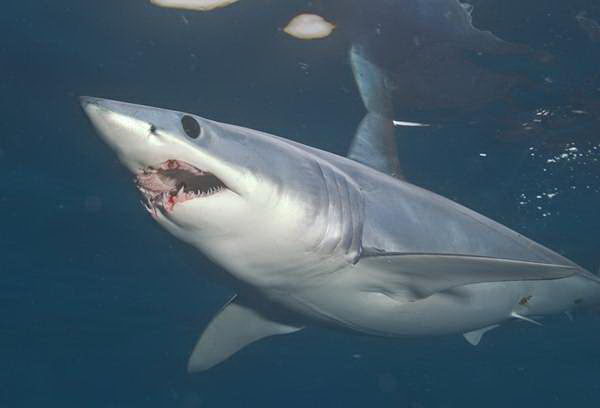 Where Do Mako Sharks Live
Where Do Mako Sharks Live
The mako sharks are known to reside in moderate and tropical waters globally. They are also found at a depth of about 150 meters (490 feet), are they rarely come to the shore. Mako shark are not adept to live in water colder than 16o C. The mako sharks are the inhabitants of Gulf of Mexico, Browns Bank, Atlantic, Argentine, and Nova Scotia. They are alleged to travel great distances in pursuit of prey. Back in 1998, one of the female mako sharks was found way off from California to the Pacific which, according to the Japanese researcher, had travelled 1,725 miles (2,776 km).
What Do Mako Sharks Eat | Amazing Mako Shark Facts
The mako sharks predominantly feed on cephalopods, with bony fish, tunas, mackerels, swordfish, and bonitos make the rest of the diet. These fish are very fond of eating sea turtles, porpoises, and seabirds. These sharks tend to tear off their prey into pieces before swallowing. It takes couple of days for mako sharks to digest properly all these foods.
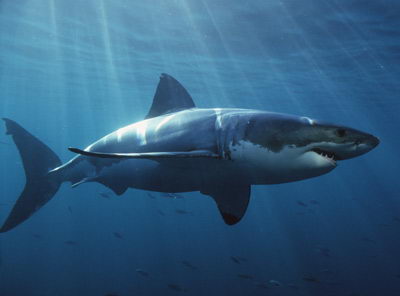 Reproduction
Reproduction
- The mako shark is an ovoviviparous species.
- The period of gestation lasts for about 15 – 18 months.
- The females give birth to 4 – 18 live young babies.
- These juveniles measure around 70 cm (28 inches) by length.
- It follows that females do not litter after giving birth for about 18 months.
- The males reach the maturity age after 8, while females become mature after 18 years.
- The maximum lifespan of male mako sharks is 29 years, with females living up to 32 years.
Mako Shark Facts | Video


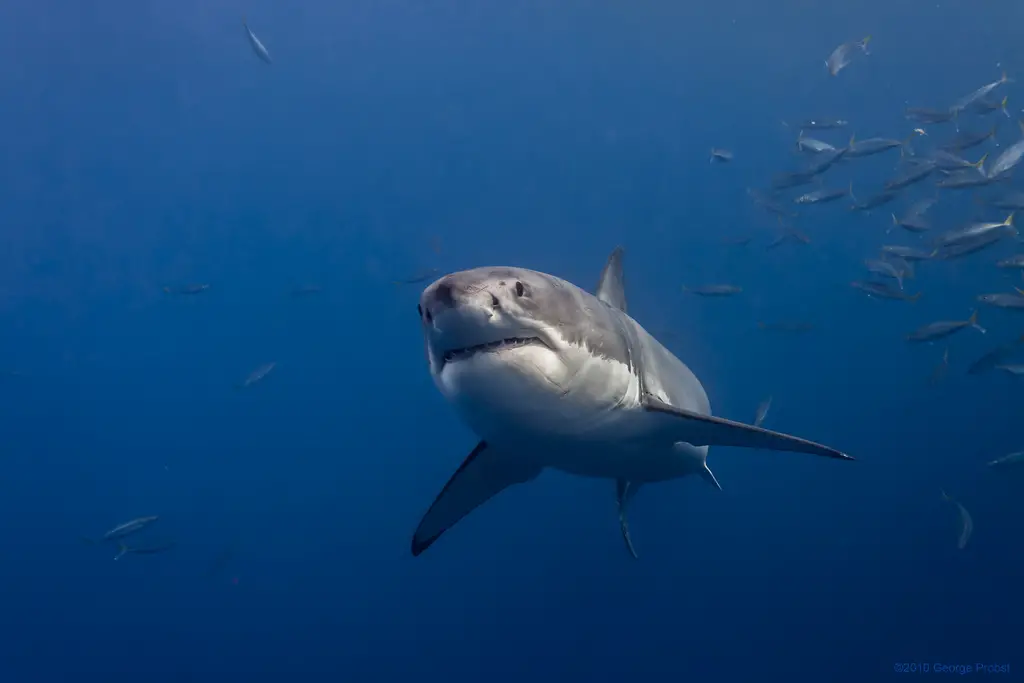


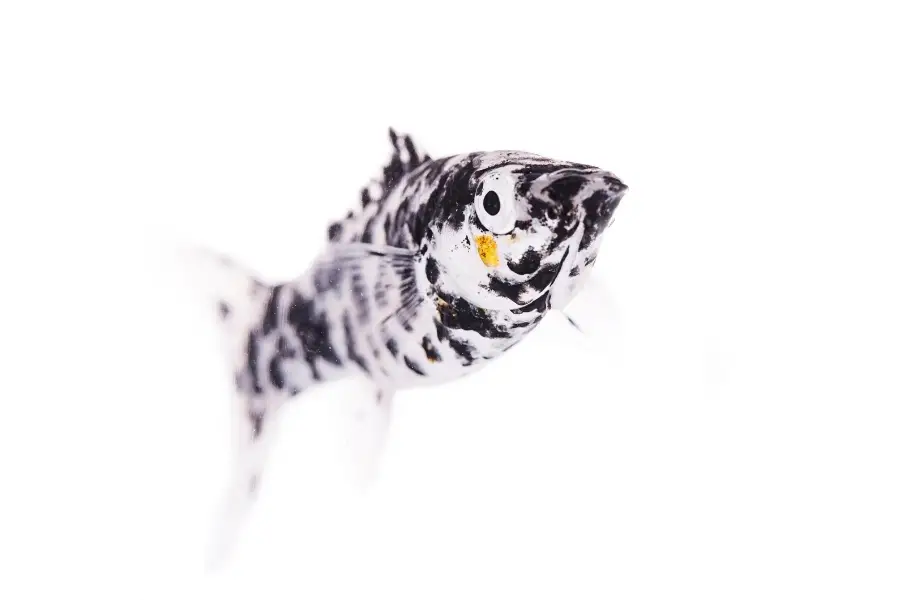

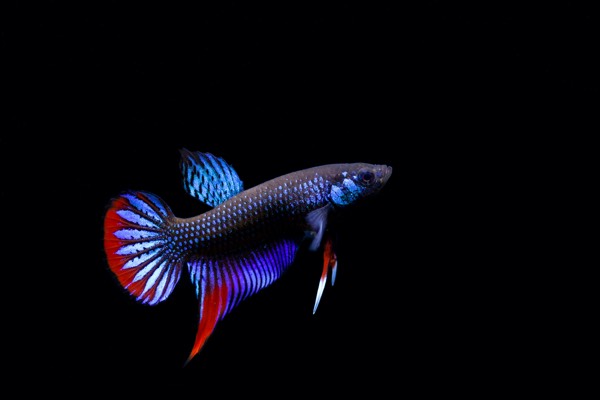

more facts about the mako please